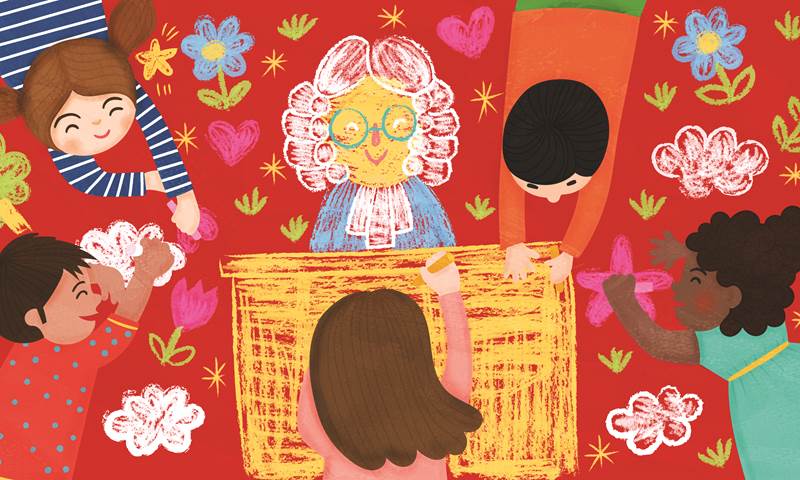Our website uses Cookies - by using this site or closing this message you're agreeing to our Terms & Conditions, Cookie Policy and Privacy Policy
xConsultation report on the experiences of virtual Children’s Hearings
Date: 6th August 2020
Category:
Family Environment and Alternative Care

A new report has captured the experiences of young people, parents, carers, and professionals in relation to virtual Children’s Hearings which have taken place over lockdown. It highlights that the move to online hearings has created challenges for ensuring the meaningful participation of the child and their families.
In-person Children’s Hearings were suspended due to COVID-19 restrictions between 23rd March and 10th July. Instead, a reduced number of hearings took place online using video-technology.
The consultation gathered the views and experiences of young people over the age of 12, parents and carers, practitioners responsible for administering Children’s Hearings and practitioners who routinely attended Children’s Hearings, such as social workers and solicitors. Some of the key findings which emerged from the consultation are summarised below:
Young people
The young people reported receiving a lack of support during the course of the virtual hearing. In face-to-face hearings, children are able to speak to the panel alone but this was not possible in the virtual hearings. This caused stress to the young people as they were required to share their views with everyone on the call. One young person suggested they would like to have been able to speak to the panel before the hearing with their social worker to ensure they are able to participate and share information in ways which they are comfortable with.
Parents and carers
Most parents and carers had received some degree of support prior to the hearing, in particular, to help them set up the IT required to participate. However, many respondents reported issues related to technology and sound quality which made it difficult to hear what others were saying and to be heard. There were also reports of delays and people’s connection dropping. One family member felt that virtual hearings made it more difficult for both themselves and their child to participate and have their voices heard.
Practitioners
While practitioners acknowledged that virtual hearings were useful because they allowed hearings to take place during the pandemic, there were a number of concerns raised relating to the participation of children and families and ensuring children’s rights were respected.
A lack of equipment and internet were fundamental barriers for families and children to actively participate in the decision-making process. For example, a panel member reported that they were present in a hearing where a parent had to sit outside a community building to use the building’s broadband in order to join the hearing.
Many practitioners also highlighted that it was not possible to speak with the child or young person individually, away from the rest of the hearing. This potentially limits the information that panel members might receive and impacts on a child’s right to effectively participate in their hearing.
A full consultation report is available, as well as an adapted version for children and young people, and parents and carers.
